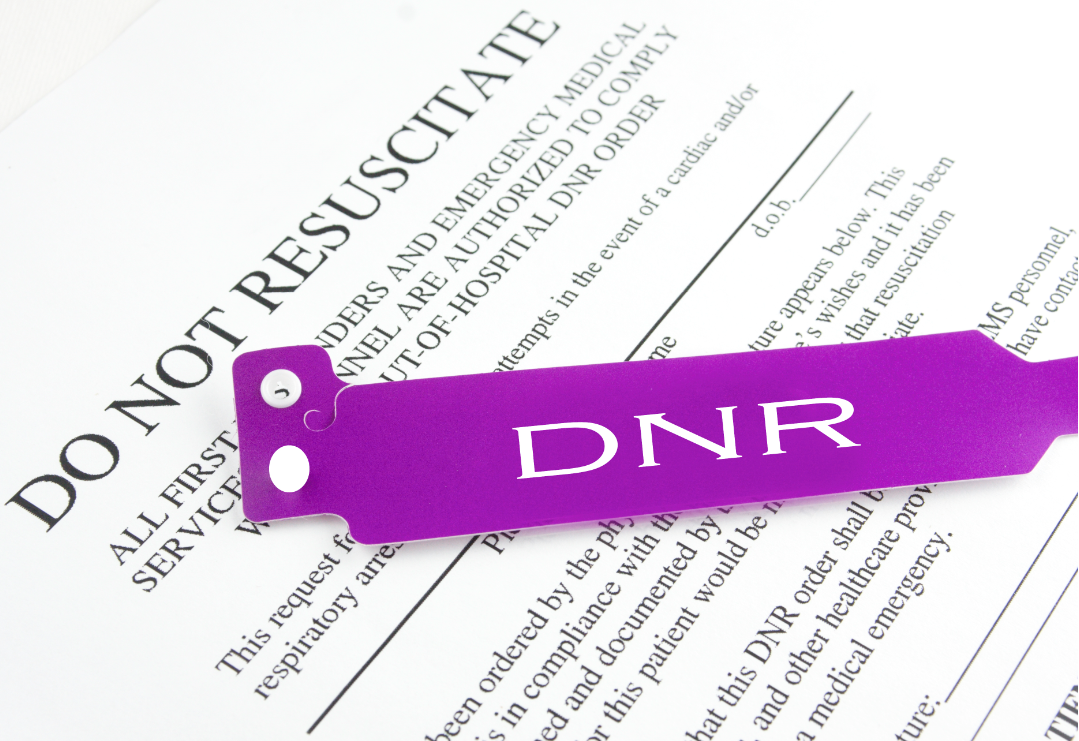Case DiscussionMedical futility means that an intervention, in this case CPR, offers no chance of meaningful medical benefit to the patient. Interventions can be considered futile if the probability of success (discharged alive from the hospital) is <1%, and/or if the CPR is successful, the quality of life is below the minimum acceptable to the patient.
In this case, Mr. H would have a somewhat lower than normal chance of survival from CPR, based on his quadriplegia (homebound lifestyle is a poor prognostic factor).
Furthermore, his quality of life, while not enviable, is not without value. Since he is fully awake and coherent, you could talk with Mr. H about his view of the quality of his life, particularly focusing on his goals and hopes for the future. You could share with him the likely scenarios should he have an arrest and the likely outcomes following CPR. After this discussion and clearly understanding Mr. H’s goals, you can partner with Mr. H to determine whether or not CPR is indicated in the event of an arrest.
In this case, CPR is not necessarily futile. A decision about resuscitation should occur only after talking with the patient about his situation, goals, and hopes in his life in order to make a shared and mutual decision.
